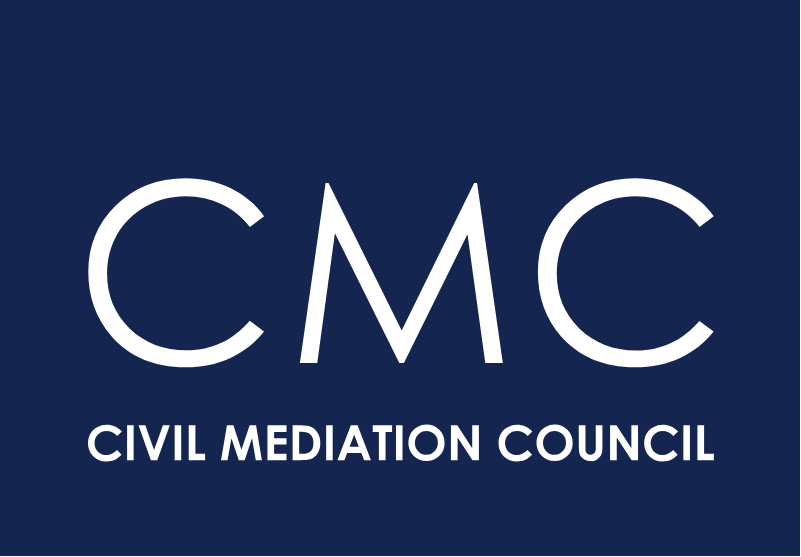PREPARING FOR
A MEDIATION
Introduction:
The primary cause behind many negotiations failing to reach a settlement often lies in inadequate preparation by one or both parties. While not necessitating trial readiness, proper preparation for Mediation requires having enough information to make a final business decision about the case. Unlike a judge or arbitrator, the Mediator doesn’t handle evidence, emphasizing the need for a thorough discussion of the case. To effectively prepare, each party must clearly define its goals, strategies, and potential responses to the opposing case, emphasizing the importance of knowing the case thoroughly.
Case Summaries:
All participants are required to complete Position Statements, succinctly presenting essential information regarding the case, including liability, contributory negligence, causation, quantum, and any previous offers. Careful completion of this task enhances the perception of a strong case or defence, and participants should consider confidentially addressing weak points for potential concessions.
Key Documents:
Submission of key documents alongside the Case Summary Form is crucial for aiding the Mediator’s understanding of the case. Focus should be on relevant documents that support key persuasion points. The Mediator does not require an exhaustive set of papers, but rather a selection that illuminates the nature of the case and points of disagreement.
Briefing Your Client and Obtaining Settlement Authority:
Legal Representatives must brief their clients about Mediation, emphasising its significance in settling claims. Clients need awareness of costs, potential court outcomes, and the importance of settlement authority. Avoid setting rigid “bottom lines” and remain flexible in settlement negotiations, considering the possibility of new insights during mediation.
Negotiation Strategy:
Mediation is a negotiation session, requiring preparation and persuasion. Accurate assessment of the claim’s value is essential, but participants must also strategise on how to persuade the other party to accept this figure. Probing and listening play a crucial role; participants should prepare tough questions for the Mediator and be open to surprises during negotiations.
The Mediation Environment:
Mediation is time-limited, necessitating concise and persuasive communication. Participants should have impactful sound-bites ready, framing reasons for winning liability issues or challenging the opponent’s stance. Being well-prepared before the first conversation is essential.
Working with the Mediator:
Confidentiality is paramount in discussions with the Mediator. Participants should determine any facts they wish to keep undisclosed, maintaining transparency with the Mediator. Candour with the Mediator is encouraged, allowing them leeway in developing settlements and avoiding rigid demands for specific monetary responses.
In conclusion, adequate preparation, clear communication, and flexibility are vital elements in ensuring a successful Mediation process.



